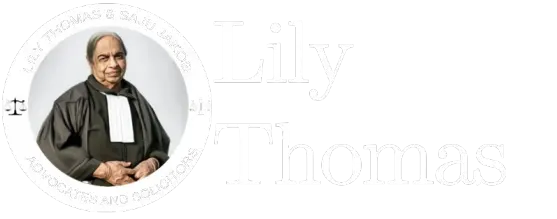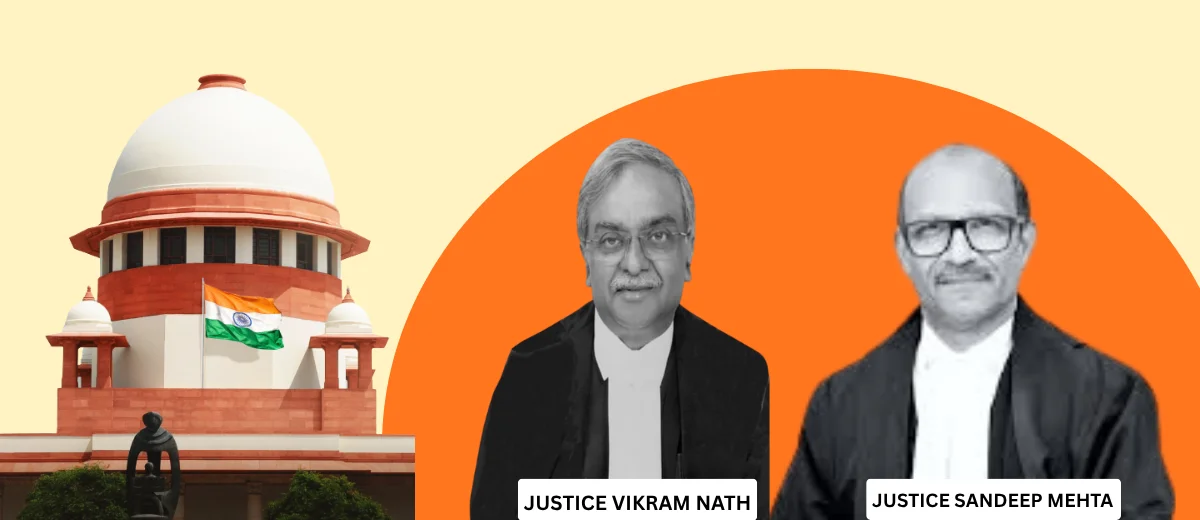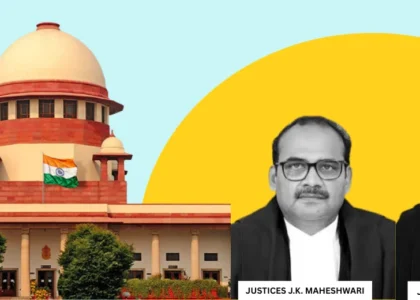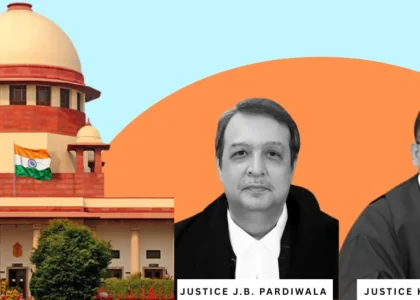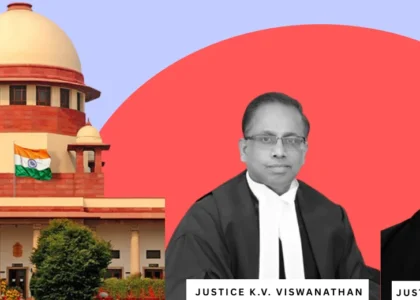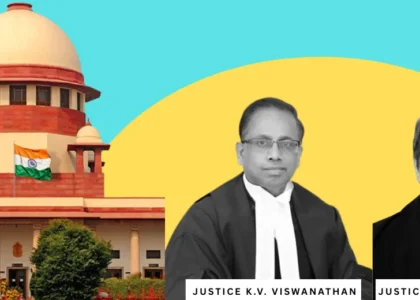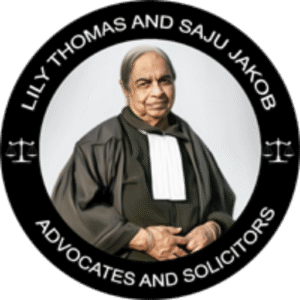Case Title:- MOHAMMED RASAL.C & ANR. vs. STATE OF KERALA & ANR
Citation:- SLP (Crl). No(s). 6588/2025
Date:- 12.11.2025
Hon’ble Supreme Court Bench:- JUSTICE VIKRAM NATH & JUSTICE SANDEEP MEHTA
The Hon’ble Supreme Court has decided to place an important question before a 3-judge bench: Can a person file an anticipatory bail application directly in the High Court without first going to the Sessions Court?
This arose in the case Mohammed Rasal C v. State of Kerala, where the Hon’ble Supreme Court objected to the Hon’ble Kerala High Court routinely entertaining anticipatory bail petitions at the first instance.
The Hon’ble Court noted that Section 438 CrPC (now Section 482 BNSS) gives both High Courts and Sessions Courts concurrent powers, but generally, people should approach the Sessions Court first. Only in exceptional circumstances should someone directly approach the Hon’ble High Court for anticipatory bail. What counts as “exceptional” is still unclear.
The Kerala High Court Advocates Association (KHCAA) asked to be made a party to the case and strongly opposed any restriction on the High Court’s powers.
KHCAA argued that restricting direct access to the High Court would amount to judicial overreach and affect the right to personal liberty, since anticipatory bail directly protects a person from arrest.
The Association pointed out that the Hon’ble Kerala High Court has long allowed filing anticipatory bail petitions directly, especially after the Division Bench ruling in Balan v. State of Kerala (2003), which held that the accused has a choice between Sessions Court or High Court.
Recently, conflicting views appeared again in Kerala: Venu Gopalakrishnan (2025) followed Balan case and allowed anticipatory bail application to be filed directly in Hon’ble High Court. On the other hand, Mukesh Murali (2025) required applicants to first go to the Sessions Court.
To resolve this confusion, the Hon’ble Supreme Court has referred the matter to a 3-judge bench.

